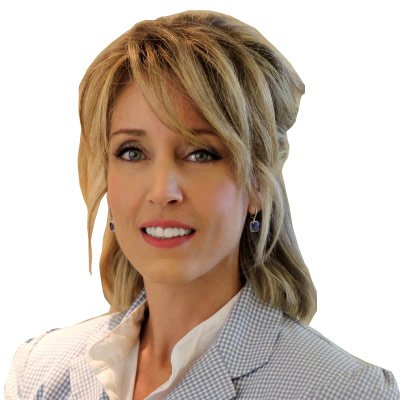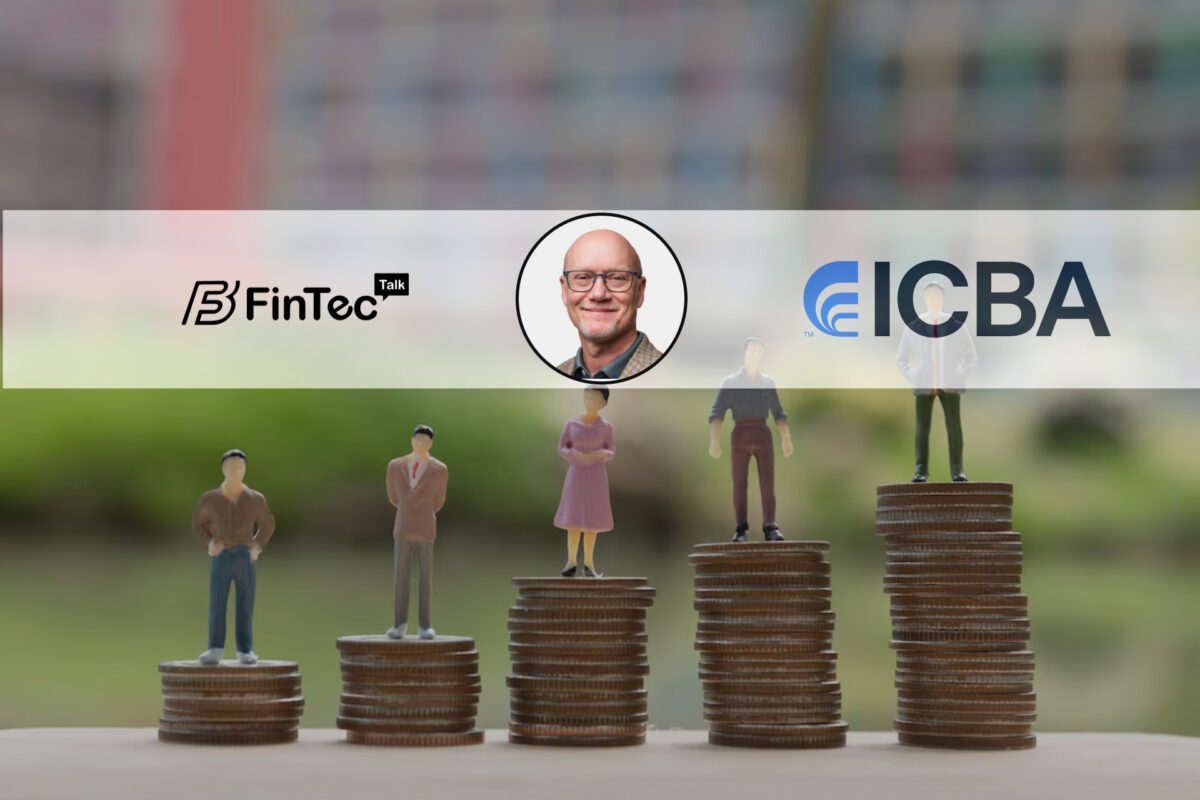1. Can you tell us about your journey into this market?
While running an e-commerce site that sold luxury goods and cosmetics, I came across an issue I had never heard of before: the concept of chargebacks. Before a merchant knows it, they could be short by thousands—if not hundreds of thousands—of dollars. The thing about chargebacks, though, is they essentially render the merchant “guilty until proven innocent.” And, if a merchant gets too many claims, then the bank has the right to take all their funds and close their account.
All of the sudden, my e-commerce company had tons of chargebacks—and had no idea where they came from, or what they meant. We were using an advertising service for online promotions, and we had a surge of advertising because we paid agencies a commission on sales. Turns out that, after we paid their commission, we found out they were actually stealing credit cards, and these were fake customers. We were shipping products to customers that had never even bought our product. Chargebacks came rolling in, and we lost the money for the merchandise, the money for the transaction, and were confronted by one of the scariest situations I could ever have imagined. It was a very expensive education.
I went on the offensive. I began meeting with risk managers and studying the credit card company regulations. Then I came up with an idea: by calling customers that has filed chargebacks and finding out why, my team and I created more than 106 rules and developed the technology to accurately predict how many chargebacks we could expect, and what their risk levels were. Fintech News
We developed technology to help manage our advertising and rebuilt the business. In about three months, we got the majority of our funds released from risk managers. The I got a call from one of the risk managers, who said they had a merchant who was having chargeback problems and asked if I could help them. At the time, there was nowhere that you could find out about this problem, and what I managed to achieve was practically unheard of.
That first request turned into another request, and then another. Long story short – that was the start of Chargebacks911.
2. How do you think technology is redefining the Finance Sector?
Fintech is absolutely revolutionizing the finance space. Just a few months ago, for instance, the Fed announced plans to introduce real-time payments through their new FedNow platform. That’s just one example of a much broader, structural transformation we’re now undergoing.
The payments environment is, in many ways, out of date. Fintech is a disruptive force that goes beyond redefining the sector; it’s remaking it in its own image. We’re headed for a more decentralized structure and, ultimately, the players who end up influencing the future of finance will be those who offer convenience and reliable security to consumers.
3. What are credit card affinity programs?
In simple terms, a credit card affinity program is an avenue way to earn money by introducing prospective clients to credit cards. This is done by permitting advertising on your personal website, or even devoting an entire website to the marketing of those credit cards. Credit card affiliation programs are one of the more lucrative affinity programs that exist.
4. What according to you is the reason behind the rise in popularity of credit card affinity programs?
One reason for this popularity is that card issuers offer quite generous sign-up bonuses. An issuer’s affinity with an airline, for example, might offer new cardholders 50,000 travel miles if they spend $4,000 within three months of opening the card account. That’s 12.5 miles per dollar, as opposed to the more usual 2-5 miles per dollar.
5. There has always been a question in the minds of most of us that, who pays for rewards on credit cards?
Credit card companies pay for rewards with revenue from a couple of sources: 1) the consumer and 2) the merchants who accept their cards. Consumers pay interest whenever they carry a balance, plus fees whenever their payment is late or they get a cash advance, and part of this goes to pay for rewards.
At the same time, businesses that accept credit cards must pay a bank fee every time a customer pays with a card. They typically eat part of this cost, but supplement another by raising prices for all customers (including cash payers), thereby passing these fees onto consumers.
6. Do rewards on credit cards increase the potential for fraud and stealth of loyalty rewards?
With the rise of affinity relationships and loyalty rewards, there will be more businesses starting credit card affinity programs. This will increase the potential for fraud and stealth of loyalty rewards, which is already becoming prolific.
7. Where do you see an end for these rewards programs?
Affinity relationships are a powerful tool to acquire new cardholders, and they will continue to grow in importance in the online economy. Just as subscription box services continue to grow, major card issuers and brands will come together to maximize synergistic results and promote loyalty through consumer rewards.
8. Will issuers change the rules to suppress churn?
Some issuers are already trying to take action against it. Chase, for example, has adopted the “5/24 rule,” in which it refuses to open a new card account for anyone who has opened five or more personal credit cards (with any bank or issuer) in the previous 24 months and American Express has issued a notice suggesting that abusers may lose out on future sign-up bonuses.
Most issuers right now seem to be taking churn in stride. Churn simply demonstrates that affinity relationships work, and that affiliations between brands and card issuers are extremely effective.
I predict there will be more and more restrictions as issuers continue to compete against each other for long-term, loyal cardholders. For their part, consumers will need read the fine print now, more than ever, when signing up for credit cards with these opportunities.
9. What are “super-cobranded” cards? And can you name some of the brands that are testing this already?
Marketing, media, and other forms of branding are creating partnerships and synergies across many industries to super target audiences that have very particular needs, wants, and buying habits. super-cobranded cards are affinity relationships between multiple brands that cater to, for instance, an extreme sports enthusiast, where you have loyalty rewards for extreme sports travel, extreme sports merchandise, extreme sports restaurants, etc., that all cater to an extreme sports lifestyle.
That is just one example – there are many. Charitable audiences may have a super-cobranded card with bonuses for giving to the world’s most popular non-profits, as another example.
Super-targeted audience segments are being sought after as they are very lucrative. My prediction is multiple brands will partner on super-cobranded cards for these super-segments.
10. What impact will super-co branded cards have on the travel, hospitality and payment industry?
The travel and hospitality industry will experience a burst of super-cobranded cards with retail, restaurant, attraction, and event brands joining together to exploit a targeted set of consumers who travel for work, family vacations, or even adventure/extreme vacations.
11. What advice would you like to give to the Startups?
The fintech space is fast-moving and disruptive.
To stay relevant, you need to remain ahead of the technological curve and deliver services that precisely identify and address customers’ pain points.
To that end, it’s important to carefully monitor how financial customers interact with existing institutions, and look for ways to address their shortcomings.
12. Which Startup technology has grabbed your attention?
There are a lot of fintech startups to watch at the present—Braintree, Opploans, Credit Karma, just to name a few—but I’m most interested in watching Stash continue its current growth in usership.
Stash isn’t the most sophisticated or cost-effective method for building an investment portfolio. What it is, though, is easy and intuitive, which is far more attractive to novice investors. As Millennials reach their 30s and start considering their savings and retirement for the first time, most of them will not really know where to start. Stash, along with similar platforms like Robinhood, offer an easy introduction to the world of investment, requiring no experience and little active involvement.
13. How do you prepare for a Technology-centric world?
Simply put, we’re already living in one. The development of technology may not feel like an especially-rapid process, but if we consider where fintech was decade—or even two years—ago, we’ll see incredible change took place in that time.
The best way to stay on top of change is to remain up-to-date with developments in the fintech space. This will be one of the main frontiers in the next decade; by 2030, the financial services sector will barely resemble the space we know now. The push for more decentralized, instantaneous payments will be transformative. We just don’t know yet how it will transform the market, which makes it difficult to offer any concrete predictions.
14. Which book are you reading these days?
I was recently re-reading “The Greatest Salesman in the World” by Og Mandino. It’s a short, but profoundly inspirational little book, and it’s played a major role in influencing my personal and professional path. It can transform how you think; not just about sales and business, but about the idea of success and life in general.




